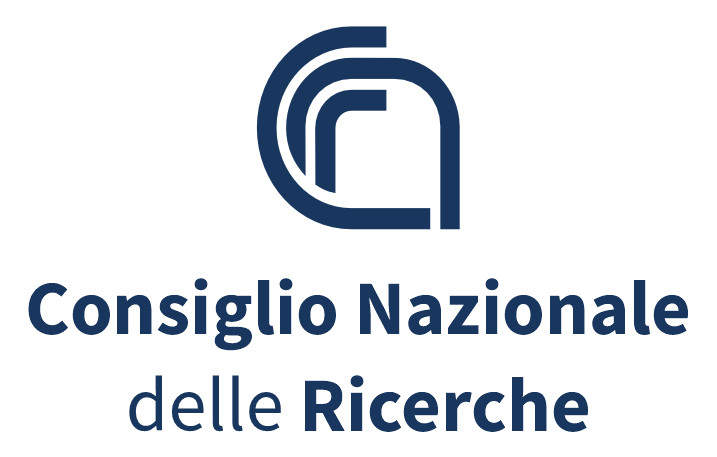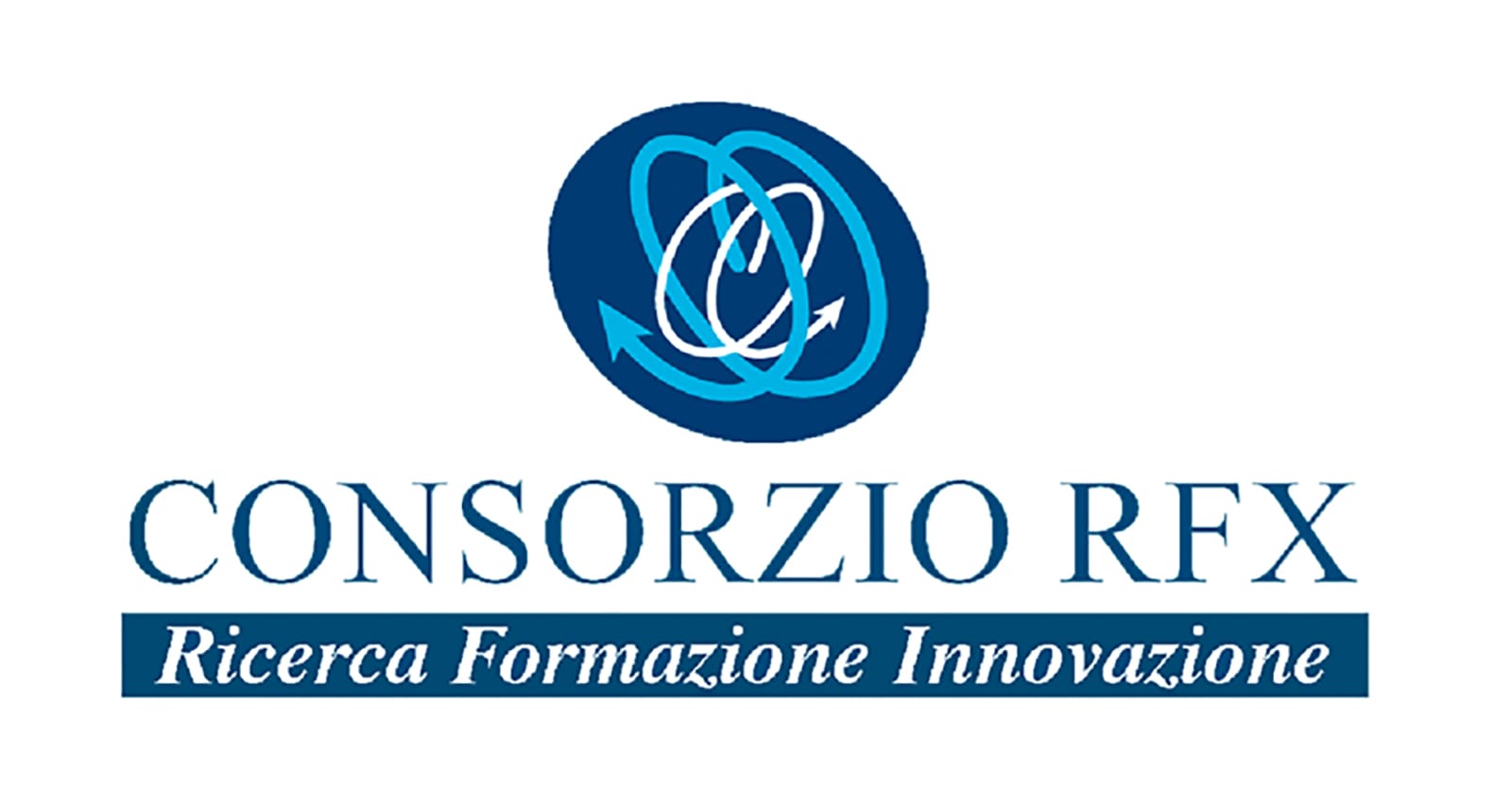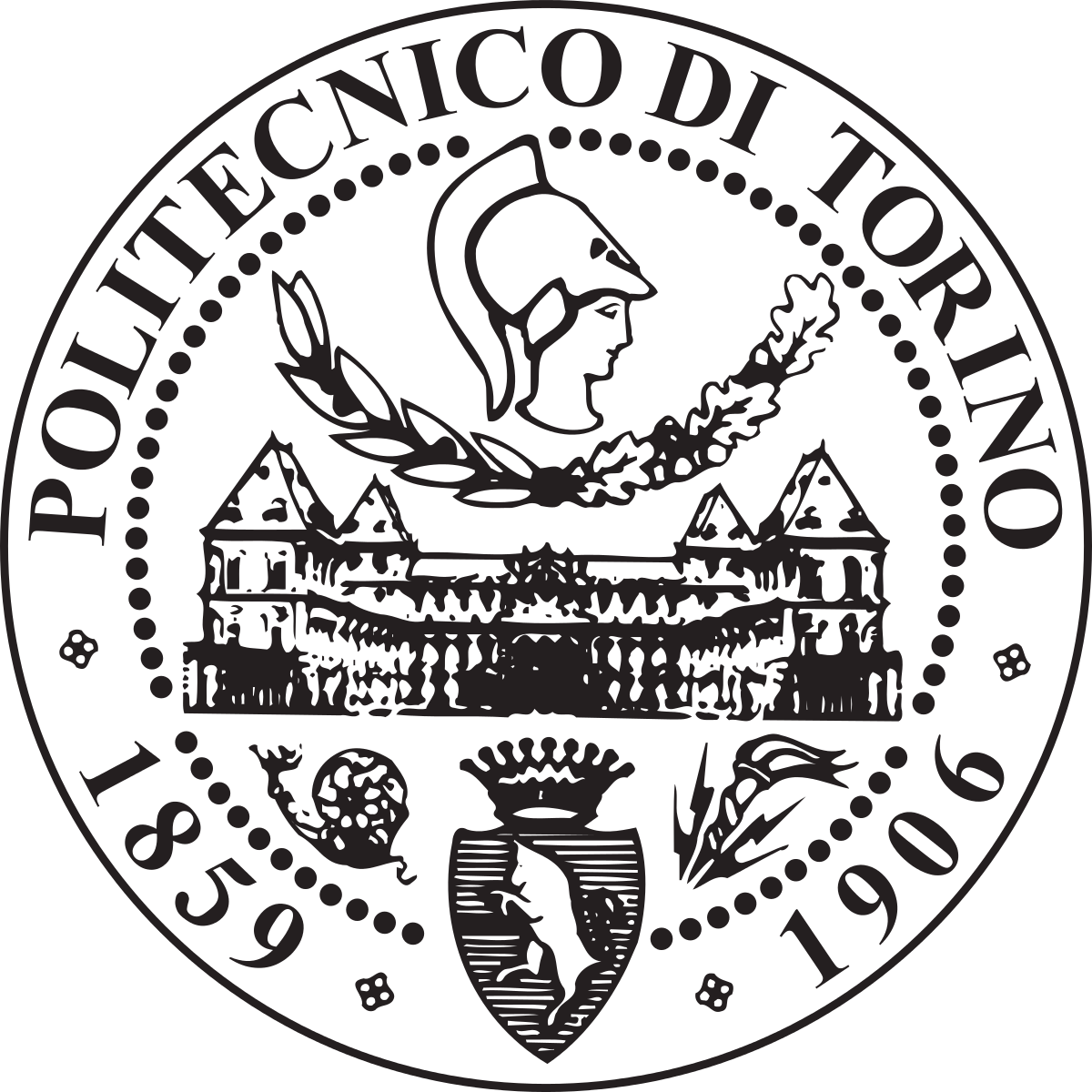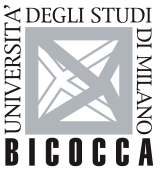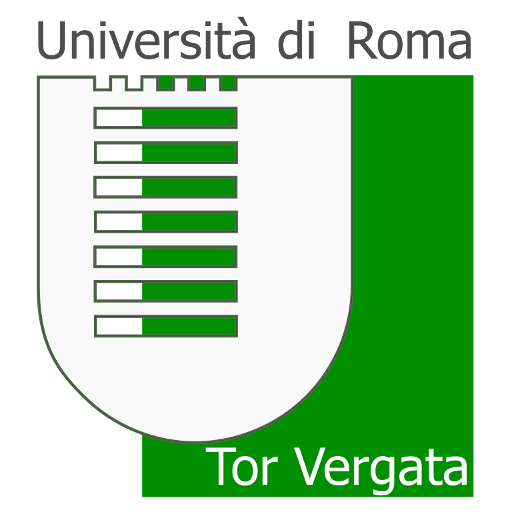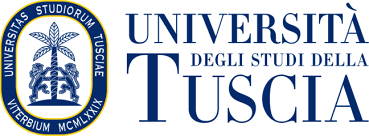The history of the DTT, just over 10 years long, builds upon the long history of fusion energy research, which began in the middle of the last century, and which involves many countries within a strong international collaboration.
The main stages of the birth of the DTT idea as well as the development of its project are here below summarized:
May 2024
May 2024
he United States Department of Energy DoE proposes to involve the US scientific community in activities on the DTT Research Plan
April 2024
The report of the European facilities Review Panel qualifies the DTT as an "indispensable facility".
February 2024
First release of the Research Plan completed with the contribution of scientists from numerous European Labs
December 2023
Positive test of the pre-series gyrotron. Signing of the contract for the supply of the remaining 15 gyrotrons.
October 2023
The extension of the agreement between ENEA and the Regione Lazio for the financing of the DTT electricity distribution system signed for a total of 34 million
June 2023
The Italian Ministero della Energia e della Sicurezza Energetica (MASE) publishes the update of the “National Integrated Plan for Energy and Climate “. The plan includes financing for DTT from the "Mission Innovation" funds.
January 2023
Project for the construction of the 150kV line approved by the Ministry of Environment and Energy Security
July 2022
A grant of 55 Meuros approved by the Ministry of Research on Next generation EU funds
April 2022
The EUROfusion General Assemply approves the support to the Divertor construction
March 2022
Licensing for Category A ionization source granted to DTT by the Ministry for Ecologic Transition
December 2021
The DTT Assenbly appoints the members of the Scientific Technical Committee
December 2021
The new partner Consiglio Nazionale delle Ricerche joins DTT Consortium
November 2021
The project for the construction of the new DTT buildings approved by the local authorities
April 2021
The new partners Consortium RFX, INFN, Politecnico di Torino, University of Milano-Bicocca, Università di Roma Tor-Vergata, University of Tuscia join DTT Consortium
February 2020
The new partner ENI joins DTT Consortium
September 2019
The DTT Consortium is established with the first two partners: ENEA and Consortium CREATE
September 2019
Agreement between ENEA and Regione Lazio signed for the financial support to DTT
June 2019
EFSI portfolio guarantee for 250 M€ European Investment Bank loan is available
April 2019
ENEA publishes “DTT - Divertor Tokamak Test facility – Interim Design Report” (“Green Book”).
April 2018
Frascati is selected as DTT site among 9 proposals, as a result of a Call for Interest addressed to the Italian Regions
April 2018
The General Assembly of EUROfusion decides that 60 M€ should be earmarked for DTT in FP9, delaying the decision on the most appropriate involvement of EUROfusion around 2022-2023, when EUROfusion will be able to propose a divertor to be tested or the DTT plant that will be at a stage with a low risk to non-completion
March 2018
Frascati hosts the first national workshop on DTT Physics (“Prima riunione nazionale sulla fisica del DTT”)
December 2017
The activities of Work Package WPDTT2 come to the end, since DTT becomes an Italian project supported by EUROfusion
October 2017
On the basis of the feasibility study submitted by the DTT Team, the General Assembly of EUROfusion approves the principle of involvement of EUROfusion in the DTT facility around 2022-23, within a ceiling of 60 M€ for the divertor system
July 2017
An interim DTT Project Board is nominated and an interim DTT Team is established
June 2017
The conclusion of EUROfusion DTT Workshop held in Frascati is that the design of a DTT facility should offer sufficient flexibility to be able to incorporate the best candidate divertor concept (e.g. conventional, snowflake, super-X, double null, liquid limiter) even at a later stage of its realization
April 2017
MISE (Ministero dello Sviluppo Economico – Italian Ministry of Economic Development) and MIUR (Ministero dell’Istruzione, Università e Ricerca - Italian Ministry of Education, University and Research) allocate a financial contribution of 80 M€ for the DTT Project
July 2015
ENEA publishes “DTT Divertor Tokamak Test Facility. Project Proposal” (“Blue Book”)
December 2013
The activities of Work Package WPDTT2 (Definition and Design of the Divertor Tokamak Test Facility) start in the framework of EUROfusion for the design of DTT
November 2012
EFDA publishes “Fusion Electricity – A roadmap to the realisation of fusion energy”, which sets out a strategic vision toward the generation of electrical power by a Demonstration Fusion Power Plant (DEMO). It explicitly envisages a facility, called the Divertor Tokamak Test facility, to support Mission2 of the Roadmap







